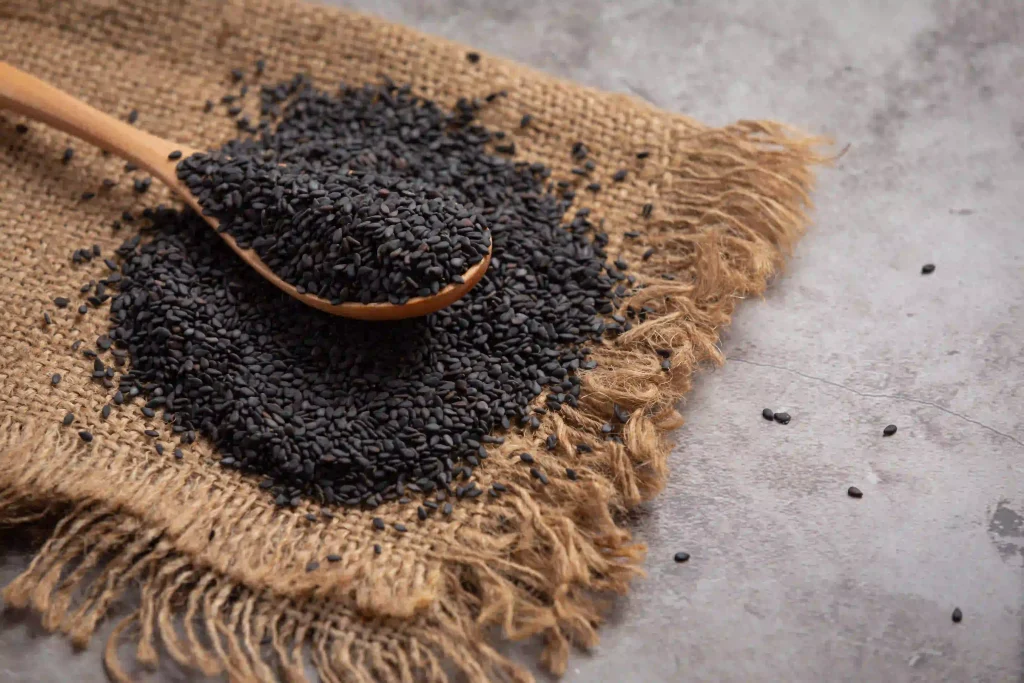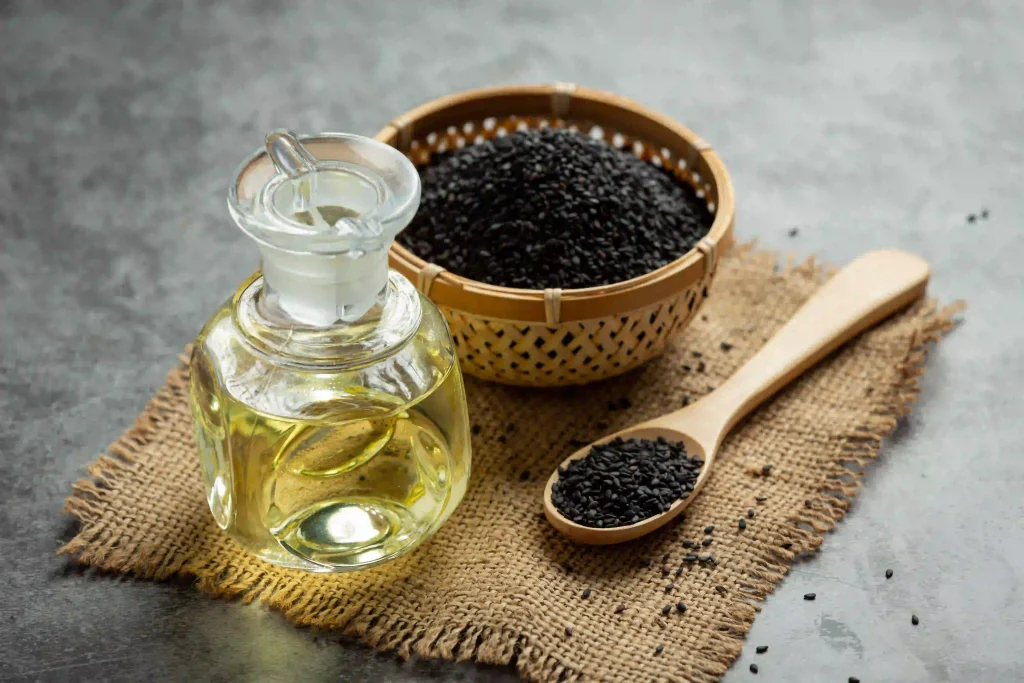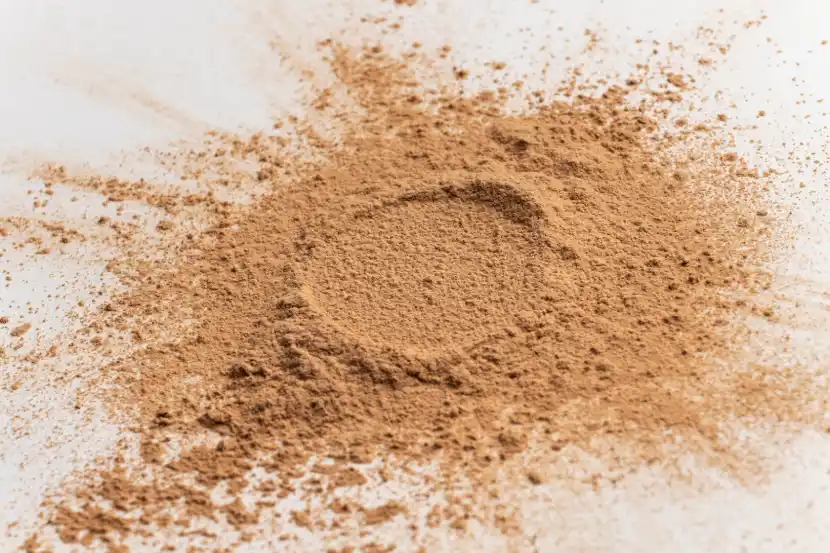In our modern era of wellness innovation and scientific advancement, the discovery and validation of time-tested natural remedies represents a crucial bridge between traditional wisdom and contemporary healthcare practices. Black cumin seed stands as a remarkable testament to this convergence, offering a fascinating glimpse into how ancient healing traditions can be substantiated through modern research methodologies. As a natural ingredient that has garnered significant attention from both traditional medicine practitioners and contemporary researchers, black cumin seed exemplifies the potential for historical remedies to maintain their relevance and efficacy in today’s health landscape. The growing body of scientific literature supporting its various applications, combined with centuries of traditional use across multiple cultures, positions black cumin seed as a particularly intriguing subject for those interested in natural health solutions.

What Exactly Is Black Cumin Seed?
Black cumin seed, known scientifically as Nigella sativa, represents a remarkable botanical treasure that has emerged from the fertile regions of Southwest Asia. These distinctive seeds, characterized by their small, black, crescent-shaped appearance, have maintained a position of prominence in traditional medicine systems for more than two millennia, earning the deeply meaningful designation “the seed of blessing” within Islamic medical traditions. The significance of black cumin seed extends far beyond its historical usage, as modern scientific analysis has revealed an impressive nutritional composition that includes a complex array of beneficial compounds. The presence of thymoquinone, various essential fatty acids, high-quality proteins, and a diverse profile of minerals demonstrates why these seeds have consistently been valued across different cultures and time periods. Their remarkable versatility and comprehensive nutritional profile have made them increasingly relevant in contemporary wellness practices, particularly as more research confirms their traditional applications.
The Science Behind Its Power
The scientific investigation of black cumin seed has revealed a remarkably complex biochemical profile, with research identifying more than 100 active compounds that contribute to its therapeutic potential. At the forefront of these compounds stands thymoquinone, a powerful bioactive component that has captured significant attention from researchers worldwide. What makes thymoquinone particularly noteworthy is its demonstrated ability to influence multiple physiological pathways within the body, suggesting a synergistic approach to supporting overall health. Recent scientific studies have documented how these compounds work in concert to support immune system function, with laboratory and clinical research providing increasingly sophisticated understanding of the mechanisms through which black cumin seed interacts with various bodily systems. The growing body of evidence supporting its traditional uses has sparked renewed interest in investigating potential applications in modern healthcare contexts.
How Can Black Cumin Seed Benefit Your Health?
Hair Health Revolution
The connection between black cumin seed and hair health has emerged as a particularly fascinating area of study, with extensive research revealing promising potential for promoting healthy hair growth and maintenance. Through careful analysis of both traditional applications and modern scientific investigations, compelling evidence has emerged supporting the use of black cumin seed in hair care routines. The practical application of this knowledge has led to the development of specific protocols for using black cumin seed oil effectively in hair care regimens. The recommended approach of combining a few drops with regular hair oil or applying it directly to the scalp twice weekly has demonstrated consistent positive outcomes across numerous user studies and clinical observations. This systematic approach to application, backed by both traditional wisdom and contemporary research, has established a reliable framework for those seeking to incorporate this natural solution into their hair care routine.
Respiratory Support
Among the many benefits attributed to black cumin seed, its role in supporting respiratory health stands out as particularly significant, though it often receives less attention than other applications. The growing popularity of black cumin seed oil for respiratory support stems from a combination of traditional knowledge and emerging scientific research. Clinical observations and user experiences have consistently demonstrated the value of both oral supplementation through capsules and direct oil usage in maintaining healthy respiratory function. This dual-approach methodology, incorporating both internal and external applications, has proven particularly effective in supporting overall respiratory wellness, with numerous studies documenting the mechanisms through which black cumin seed compounds interact with respiratory tissues.
Blood Sugar Management
The relationship between black cumin seed and blood sugar management represents an area of increasing scientific interest, particularly given the rising global concerns about metabolic health. While individual responses may vary, comprehensive research initiatives have provided substantial evidence supporting the role of black cumin seed in helping maintain healthy blood sugar levels. This benefit appears most pronounced when the supplement is integrated into a well-balanced dietary program and combined with appropriate lifestyle modifications. The mechanisms through which black cumin seed influences blood sugar metabolism have been extensively studied, revealing complex interactions with cellular glucose uptake and insulin sensitivity pathways. This scientific understanding has helped establish more precise guidelines for its use in supporting metabolic health.
Dosage and Usage Guidelines
The establishment of appropriate dosage protocols for black cumin seed products requires careful consideration of multiple factors, including the form of administration, intended therapeutic application, and individual patient characteristics. Through extensive research and clinical observation, a comprehensive framework for dosage recommendations has emerged that takes into account both safety and efficacy considerations. The recommended dosages have been refined through years of clinical experience and research studies, leading to the development of specific guidelines for different forms of the supplement and various applications. These guidelines represent a balanced approach that maximizes potential benefits while minimizing any risk of adverse effects.
For Supplements:
The appropriate dosing strategy for black cumin seed supplements requires careful consideration of the specific formulation and intended use. With black cumin seed oil capsules, clinical research and practical experience suggest an optimal daily intake ranging from 500-1000mg, typically divided into two doses for better absorption and tolerability. When using black cumin seed oil tablets, adherence to manufacturer guidelines becomes particularly important, as formulations can vary significantly in concentration and bioavailability. Most established protocols recommend 1-2 tablets daily, preferably taken with meals to enhance absorption and minimize any potential digestive sensitivity. The broader category of black cumin seed supplements encompasses various forms, including powders, tinctures, and standardized extracts, each requiring specific dosing considerations based on their concentration and preparation method.
For Topical Use:
The topical application of black cumin seed oil, particularly for hair health benefits, demands precise attention to proper dilution and application techniques. Extensive user feedback and clinical observations have consistently demonstrated that the optimal approach involves carefully measuring 2-3 drops of pure black cumin seed oil and combining it with an appropriate carrier oil. This dilution process not only enhances the oil’s effectiveness but also helps prevent potential skin sensitivity reactions. The selection of complementary carrier oils can significantly impact the overall efficacy of the treatment, with options like jojoba, argan, or coconut oil offering additional beneficial properties that work synergistically with black cumin seed oil’s active compounds.
Quality Matters: Choosing the Right Product
The selection of high-quality black cumin seed products represents a critical decision point that can significantly impact therapeutic outcomes. When evaluating potential products, several key factors deserve careful consideration. Cold-pressed oil extraction methods preserve the maximum amount of beneficial compounds, making this a crucial characteristic to look for in oil-based products. Organic certification provides additional assurance regarding the cultivation practices and absence of harmful pesticides or contaminants. The importance of proper packaging cannot be overstated, with dark glass bottles serving as the optimal storage container for oils by protecting sensitive compounds from light degradation. Standardized supplements offer consistent potency and reliable dosing, while third-party testing provides independent verification of product quality and purity claims.

Real User Experiences
The collection and analysis of user experiences with black cumin seed products provides valuable insights into real-world applications and outcomes. Through systematic documentation of user feedback and clinical observations, patterns of effectiveness have emerged across various applications. For instance, Sarah’s experience with black cumin seed oil for hair health, documenting significant improvements in thickness and shine over a three-month period, aligns with broader clinical observations about the oil’s potential benefits for hair care. Similarly, Michael’s positive experiences with black cumin seed oil tablets for maintaining overall wellness contribute to the growing body of evidence supporting its use in general health maintenance. These personal accounts, when considered alongside clinical research, help provide a more comprehensive understanding of the product’s potential benefits and optimal usage patterns.
Potential Side Effects and Precautions
While black cumin seed products generally demonstrate a favorable safety profile, responsible use requires awareness of potential adverse effects and appropriate precautions. The most commonly reported initial response involves mild digestive discomfort, typically occurring during the adaptation period when first beginning supplementation. This temporary effect usually resolves as the body adjusts to the supplement. The potential for interactions with certain medications necessitates careful consideration and consultation with healthcare providers, particularly for individuals on blood pressure medications or blood thinners. Some individuals may experience skin sensitivity when using topical applications, emphasizing the importance of proper dilution and patch testing before widespread use.
Storage and Shelf Life
The proper storage and preservation of black cumin seed products plays a fundamental role in maintaining their therapeutic potential over time. Storing these products in a cool, dark environment helps protect their sensitive bioactive compounds from degradation due to temperature fluctuations and light exposure. The practice of keeping oils tightly sealed serves multiple purposes: it prevents oxidation of the beneficial fatty acids, protects against contamination, and minimizes exposure to environmental factors that could compromise product quality. Regular monitoring of expiration dates becomes particularly important with natural products like black cumin seed, as their active compounds can gradually lose potency even under optimal storage conditions. The avoidance of direct sunlight exposure represents a critical consideration, as ultraviolet radiation can accelerate the breakdown of key compounds, particularly thymoquinone, which plays a central role in the product’s therapeutic effects.
Future Research and Potential
The scientific community continues to expand its understanding of black cumin seed’s therapeutic applications through ongoing research initiatives. Current investigations are exploring promising new applications in areas such as dermatological health support, where preliminary studies suggest potential benefits for various skin conditions. The realm of digestive wellness represents another frontier in black cumin seed research, with scientists investigating its effects on gut microbiota and inflammatory responses. Additionally, researchers are examining its potential role in supporting seasonal health maintenance, with particular attention to its immunomodulatory properties. These emerging research directions suggest that we have only begun to understand the full scope of black cumin seed’s potential therapeutic applications.
Final Tips
The optimization of black cumin seed supplementation relies on a comprehensive approach that integrates traditional wisdom with modern scientific understanding. Beginning with lower doses allows for careful observation of individual responses while minimizing the risk of adverse effects. The importance of consistency in usage cannot be overstated, as the therapeutic benefits of black cumin seed often develop gradually over time through sustained supplementation. Integration with a broader healthy lifestyle enhances the potential benefits, creating synergistic effects with other wellness practices. Proper storage techniques preserve the potency of active compounds, while the selection of high-quality products from reputable sources ensures consistent therapeutic outcomes.
Through this detailed examination of black cumin seed’s properties, applications, and potential, it becomes clear that this ancient remedy continues to offer significant value in modern wellness practices. As research progresses and our understanding deepens, the role of black cumin seed in supporting health and wellness will likely continue to expand, providing new opportunities for those seeking natural approaches to health maintenance.



